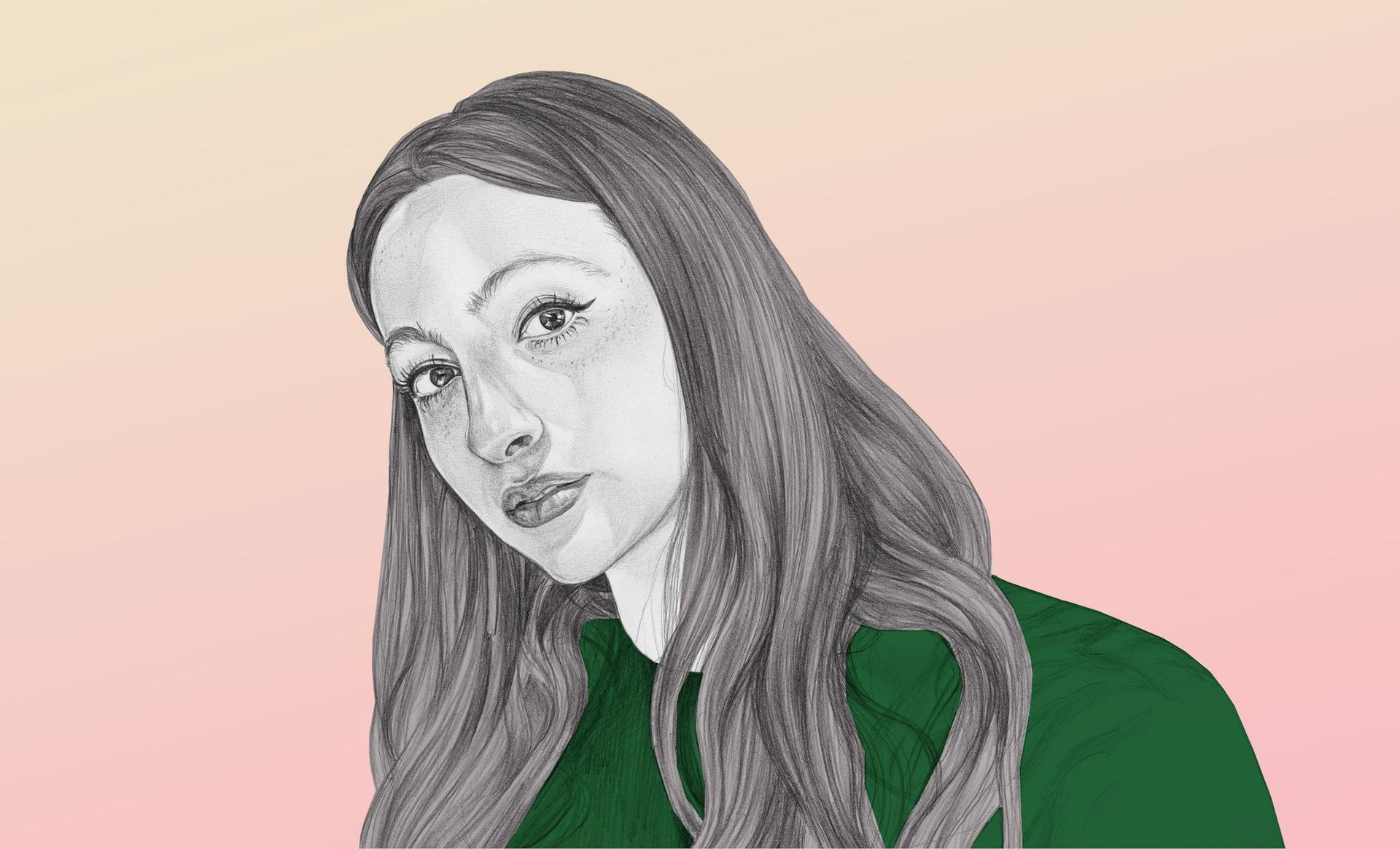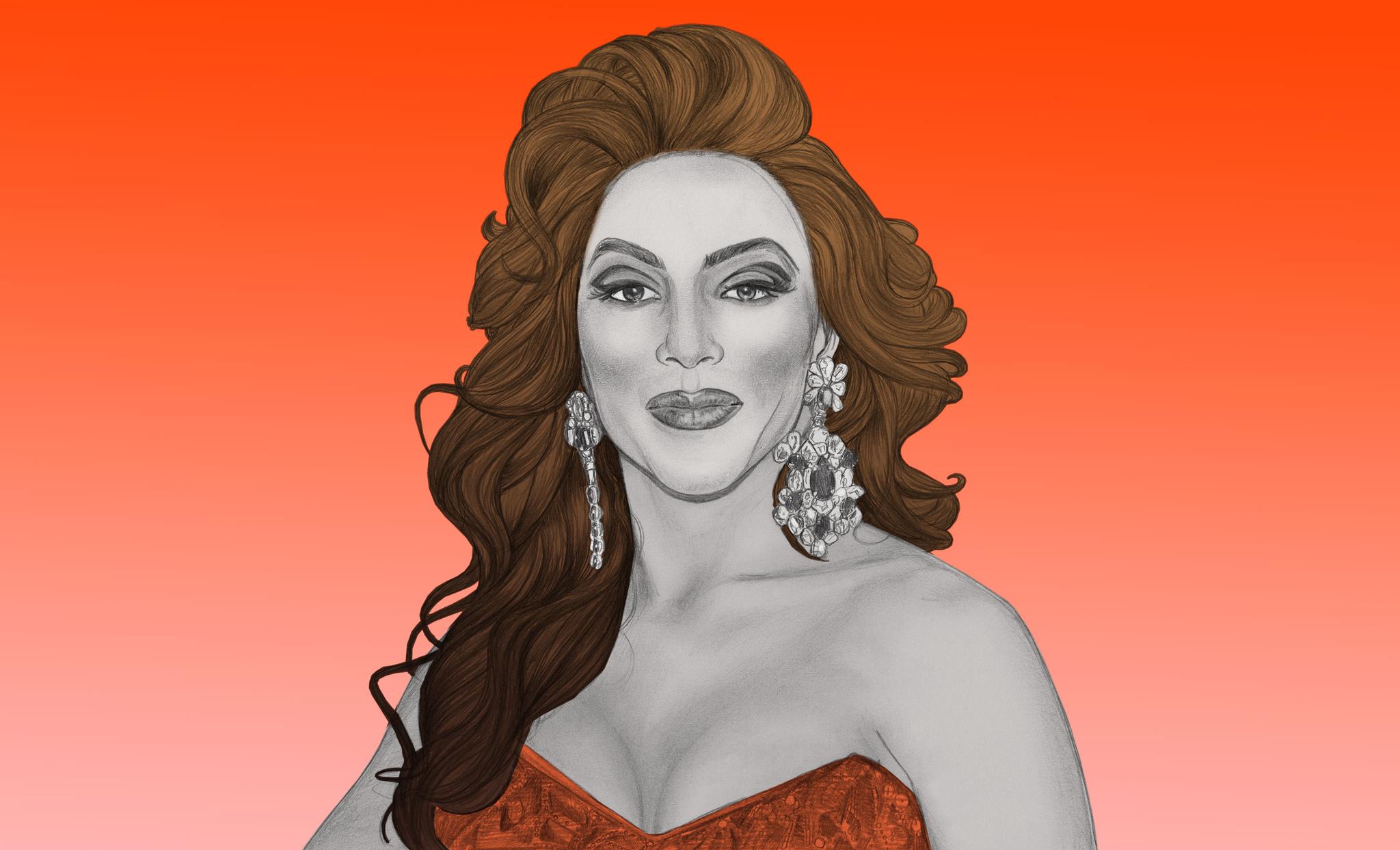
Money Diaries
Shangela Would Like to Remind You to Tip Your Drag Queen
The perennial crowd favorite on 'RuPaul's Drag Race' talks wig economics and why resourcefulness is a vocational imperative.
Wealthsimple makes powerful financial tools to help you grow and manage your money. Learn more
Drag queens, most of us don't make a lot of money, honey. We make seventy-five dollars a night a lot of times — a hundred dollars max for most performers. And it can be hard to change that. When I first started out after being on Drag Race, I figured I could make more money touring. But as I continued to grow — and figure out how the audience was growing — I figured out how much these bars were making on us. We were just happy to be making double what we were used to making at our home bar, you know? I was making a hundred at home, and now I'm making two hundred, halleloo! I didn’t realize the club is charging twenty dollars a person at the door! You realize the bar sales had increased by a hundred and fifty percent on the night you were there, and you go, wait a second, that’s not fair.
You know, I like money. I grew up in a small town called Paris, Texas — I lived with my grandparents who were farmers, and we did not have a lot of money at all. So I was always a worker. And I think that's what gave me this spirit that I have now, of always just do the work, honey. Do the work and make it happen. I have a new song that just came out called "Pay Me," so I think that's all very appropriate.
My first job, at fifteen, was working for a family friend of ours, a stock broker in Paris, Texas. Every day after school she'd have me charting the futures market and looking at different stocks. She would teach me about managing money and the importance of saving. I got accepted into Southern Methodist University in Dallas, and the tuition at that time was like, thirty thousand dollars a year, which is a lot of money. My family couldn't afford it, but I’d landed a scholarship. But still, I was working, you know? I did after school tutoring for fifteen bucks an hour. I worked at Banana Republic. I interned for Wells Fargo. I worked. And that's how I've been my entire career.
After I graduated I went and did media relations on Capitol Hill for an organization called World Vision for a year. But I said that's enough of cubicle life for me. I'm too fabulous, honey, I want to be an actor. So I packed up my car, saved up my money, and I moved out West. But even out there I also got a job in a PR office.

Sign up for our weekly non-boring newsletter about money, markets, and more.
By providing your email, you are consenting to receive communications from Wealthsimple Media Inc. Visit our Privacy Policy for more info, or contact us at privacy@wealthsimple.com or 80 Spadina Ave., Toronto, ON.
A little while after I moved to LA, I started doing drag. In the gay community in Texas, drag is super prevalent. When I was younger, I’d performed as a background dancer for some local queens — so I’d always been into drag, even though I wasn’t in drag. But in LA I got into drag for a production of La Cage Aux Folles, and the hairdresser for the show suggested I try doing drag at a local club’s amateur night. I did it, and I got invited back the next week. I started hosting different nights, and it snowballed from there. Six months later, I auditioned for the drag reality competition show RuPaul’s Drag Race and got on.
The PR company I was working for was like, 'Oh, this doesn’t align with our clients' values. We’re going to have to let you go.' I loved that job, but I had things I needed to achieve. So I went on Drag Race.
It was 2010, the show’s second season. I was a baby in terms of my career, and I was the first person to get eliminated. That was it. People were like, 'Aw, she was cute.' But I was invited back during season three and I made it to the top five, and that was my big break. And most importantly I had RuPaul, the best drag queen in the world, sitting there telling us, 'You are my legendary children.'
After that, I started touring and going to other cities. I had to come correct. Before Drag Race, my drag was just light, carefree. I was doing it because I loved it. If my wig fell off, my wig fell off, but I was having fun! But once you've been on the show and you're celebrated and endorsed by RuPaul — people hold you to a different standard. My fanbase exploded. My rates for bookings increased. I can't look completely a mess. That's when I learned how important it was to invest in my drag.
You never know when a rainy day will come.
We have to look expensive, professional, polished. That means either you have to have another job that brings in the money that you spend on your items, or you figure out how to do it yourself. You don't have a hair and makeup team, especially when you're starting out. Drag queens are some of the most resourceful and professional people in the business, in any part of entertainment. You try to make every bit of makeup last the longest and you figure out ways to recycle costumes. That’s why drag queens get tipped, and it's so important to tip local queens. That money goes right back into the entertainment that you're going to be getting the next week.
Recommended for you
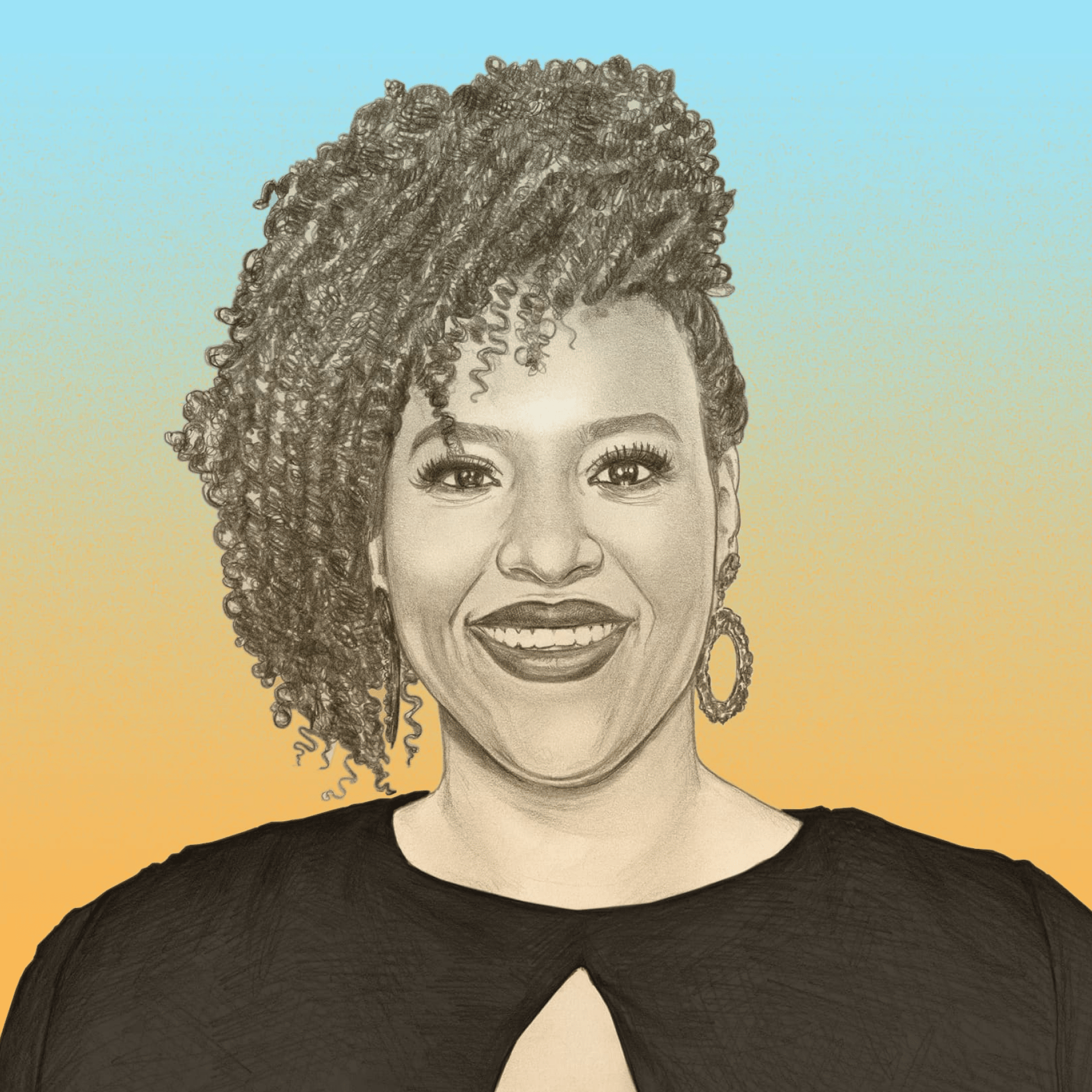
Natasha Rothwell's Character in “The White Lotus” Finds an Angel Investor. Her Real Life Didn't Quite Work That Way.
Money Diaries
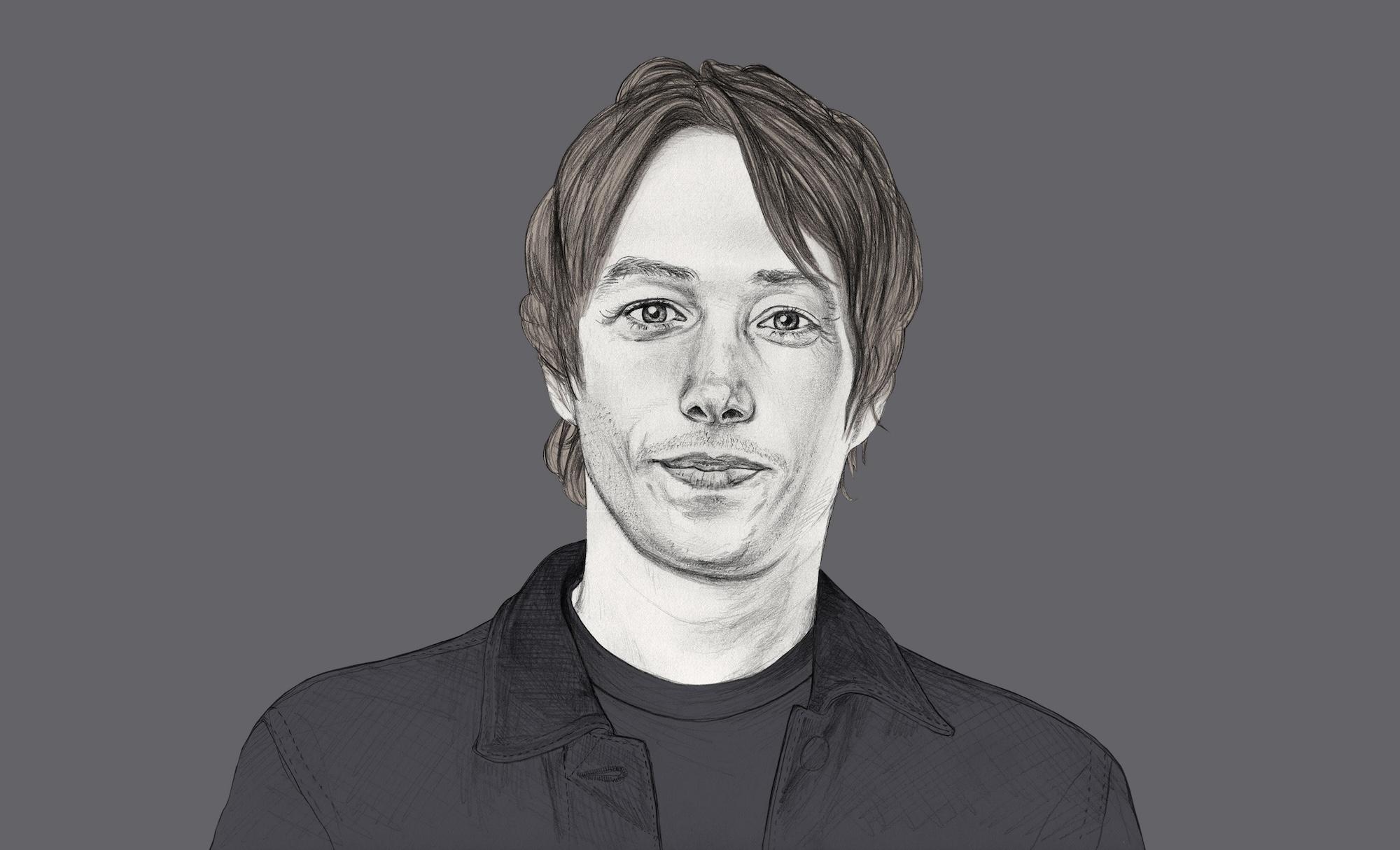
To Win Four Oscars, Sean Baker Had to Go Broke Again and Again
Money Diaries

She’s a Toronto Legend, Model, and Style Icon. And She Was Nearly Homeless
Money Diaries
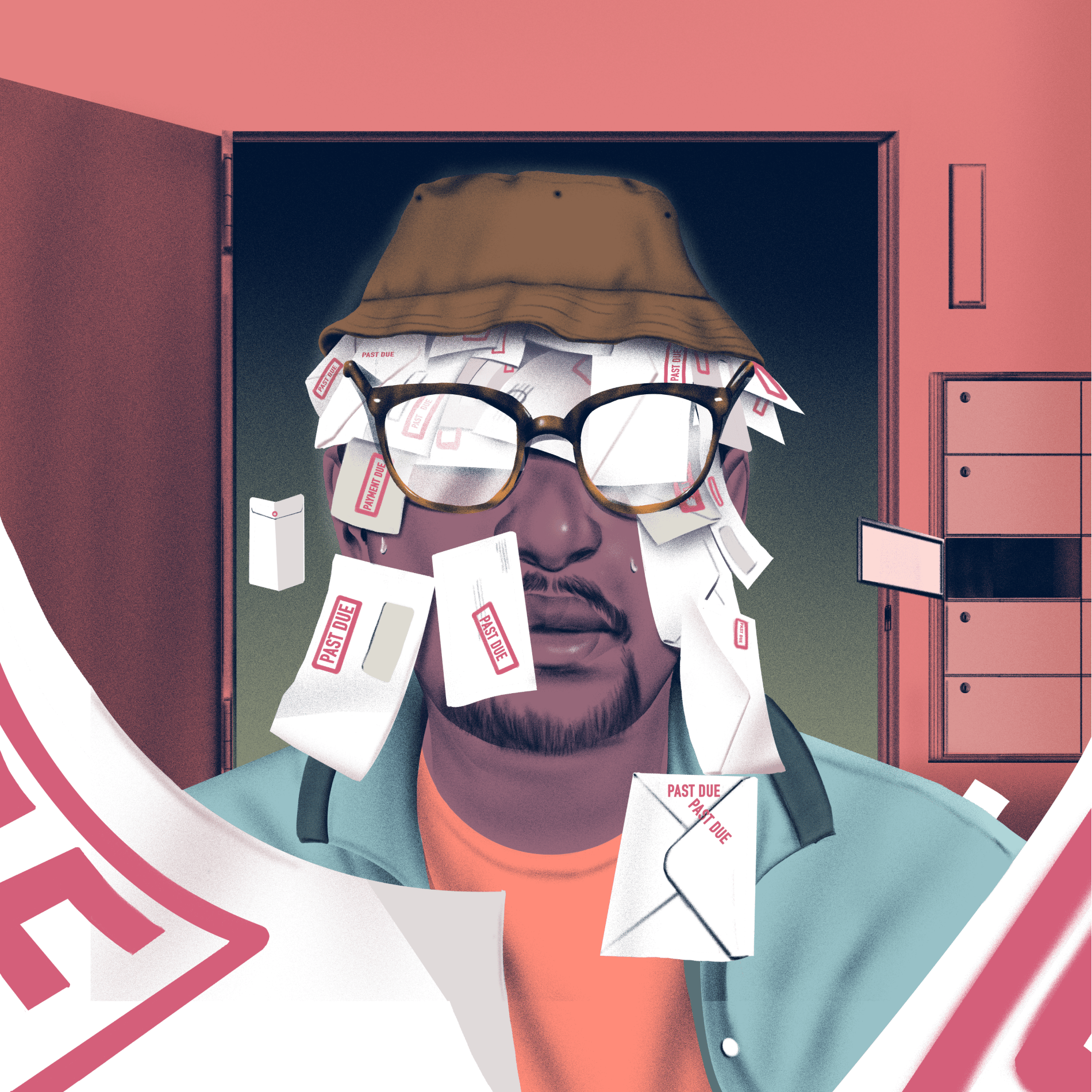
It’ll Work Itself Out (It Actually Won’t)
Money Diaries
That’s the economics of being a drag queen. We make treasure from trash all the time. Thrift stores are great — not many people are fighting to get that blue all-over sequined mermaid dress in the corner. I remember, I took an outfit and glued all these Christmas lights on, one by one, so that it would light up. It took me forever, but it was so well worth it. You know, I only wore it a couple times — then nobody wanted to see that number again. A good Beyoncé leotard, though… now that, they love. If you’re someone who does not sew — you can't go to the fabric store and come out with your dress for the show that night — and you have to go buy it, then you start to get resourceful in where you go.
Now me, thankfully, I'm in a size range where it's easier for me to find clothes. I can go to Topshop and pull a sequin dress, or Zara, or somewhere that has sparkly items that'll be good for stage. I wear a size nine shoe, so I can go over to Macy's and get a lovely pump to disco in. But if you’re a plus-size girl, your options are limited. If you want the best rhinestones, the best sparkle, if you want to look like J.Lo on stage, it's gonna cost you money. And custom, couture costumes can cost you anywhere between three hundred and fifteen hundred dollars. There’s a legendary gown maker here in the drag world named Coco Vega — you want a Coco Vega? Oh baby, he charges you.
I do a lot of drag pageants — those are expensive, too. The outfits for each of the categories, the assistants, the backup dancers, the wigs. A lot of times, the cost outweighs the prize money. My gown for my first national drag pageant was about twenty-seven hundred dollars. I mean, come on. I would never spend that kind of money on a dress. Even if you win, you're not making it back. But you do it for the title, for the esteem.
You never know when a rainy day will come. A couple years ago, in 2012, I broke my leg on stage and I had to have a titanium rod put in. I was down for about four months, and then it was back to work. I think that the things that my aunt and my mentors have taught me in life about saving money — and also growing up poor and knowing you don't ever want to be in that situation where you don't have something — help me know how to save.
I try to not budget more than I’m going be making per week. When I started touring, I tried to keep it under a hundred bucks a week, really. Now, I can make more. For some of the most notable girls from Drag Race — and I like to put myself in that batch — you can make anything from a thousand dollars all the way up to six or seven thousand for an event. A lot of queens make merchandise too — a bunch of Drag Race queens have very active websites where we sell all types of merch, everything from t-shirts and tank tops to DVDs.
I’m still hustling, I’m still touring, I’m still selling my merch. But I'll just tell you this — I sure ain't workin' for a hundred dollars a night no more.
As told to Brennan Kilbane exclusively for Wealthsimple. Transcript edited and condensed for clarity. Originally published May 24, 2018.
Wealthsimple's education team is made up of writers and financial experts dedicated to making the world of finance easy to understand and not-at-all boring to read.





